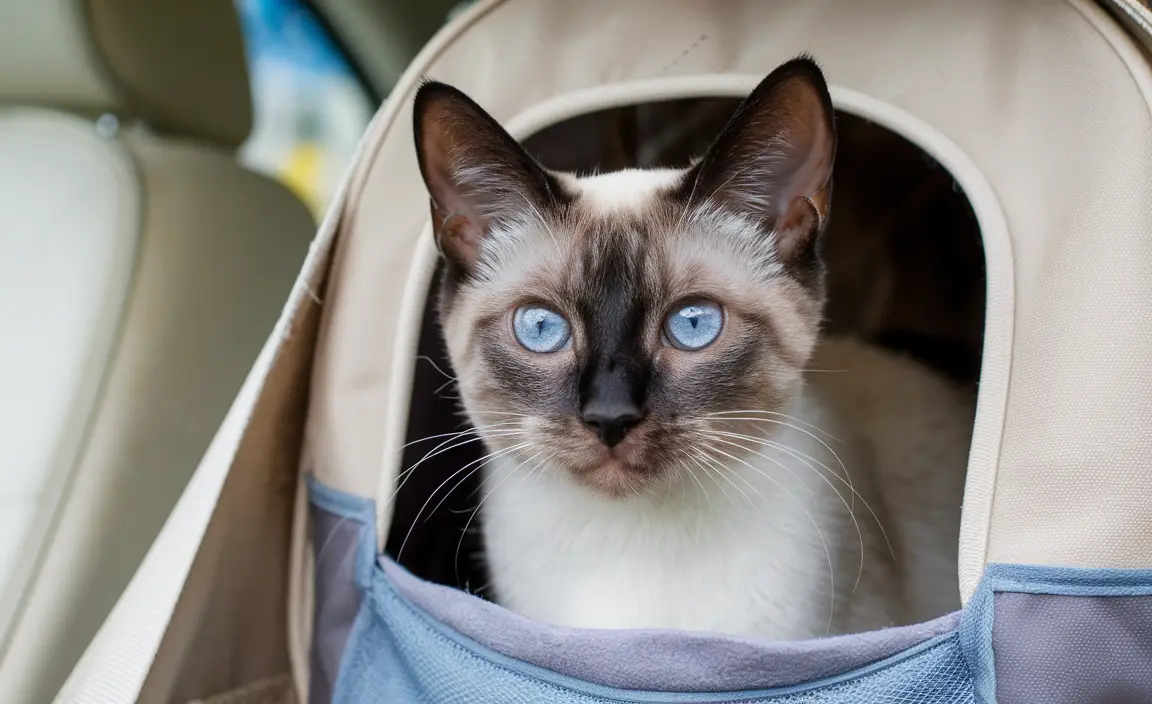As a responsible cat owner, understanding the importance of regular veterinary care is crucial for maintaining your feline friend's health and happiness. While cats are known for their independent nature, they rely on us to monitor their well-being and catch potential health issues early.
Regular veterinary check-ups are a critical aspect of preventive healthcare that can help ensure your cat lives a long, healthy life. This guide will walk you through everything you need to know about veterinary visit frequency for cats of all ages.
Veterinary Visit Frequency by Cat Life Stage
Kitten Veterinary Care: The Critical Early Months
Kittens require the most frequent veterinary attention during their first few months of life. Veterinarians recommend bringing kittens in every 3-4 weeks until they reach approximately 4 months old. These early visits are essential for:
- Initial vaccinations
- Comprehensive health screenings
- Parasite prevention
- Growth and development monitoring
Adult Cat Veterinary Checkups: Maintaining Optimal Health
For healthy adult cats between 1-10 years old, annual veterinary visits are typically recommended. These comprehensive check-ups serve multiple purposes:
- Conducting full physical examinations
- Updating necessary vaccinations
- Performing preventive health screenings
- Discussing nutrition and lifestyle factors
Senior Cat Veterinary Care: Increased Monitoring
Cats aged 8-10 years and older require more frequent veterinary attention. Veterinarians typically suggest biannual (every six months) check-ups to proactively address age-related health concerns. These visits often include:
- More extensive diagnostic testing
- Bloodwork and urinalysis
- Comprehensive health assessments
- Tailored health management strategies
Why Regular Vet Visits Are Crucial
Early Disease Detection
Cats are masters at hiding illness, which makes regular veterinary check-ups critical. Many serious health conditions can progress silently, making early detection challenging without professional medical assessment.
Preventive Healthcare Strategies
Annual or biannual veterinary visits allow professionals to:
- Conduct head-to-tail physical examinations
- Monitor weight and body condition
- Check dental health
- Recommend appropriate vaccines and boosters
Overcoming Common Veterinary Visit Challenges
Reducing Cat Stress During Vet Visits
Many cats experience significant stress during veterinary trips. To minimize anxiety, consider these strategies:
- Use comfortable, secure carriers
- Practice short car rides to acclimate your cat
- Use calming pheromone sprays
- Choose a calm, patient veterinarian experienced with anxious cats
Signs That Warrant Immediate Veterinary Attention
While routine check-ups are important, certain symptoms require immediate veterinary care:
- Persistent vomiting or diarrhea
- Significant changes in appetite or water consumption
- Unexplained weight loss
- Difficulty urinating
- Sudden behavioral changes
- Respiratory issues
Frequently Asked Questions
How often should I take my cat to the vet to ensure they stay healthy?
The frequency depends on your cat's age. Kittens need visits every 3-4 weeks, adult cats (1-10 years) should visit annually, and senior cats (8+ years) benefit from biannual check-ups.
What are the key differences in vet visit frequency for kittens versus adult and senior cats?
Kittens require frequent visits for vaccinations and initial health screenings. Adult cats need annual check-ups, while senior cats need more comprehensive, twice-yearly examinations to monitor age-related health changes.
Why do cats often hide signs of illness, and how can regular vet visits help?
Cats instinctively mask illness as a survival mechanism. Regular vet visits allow professionals to detect subtle health changes that owners might miss, ensuring early intervention and treatment.
What do vet visits for senior cats typically include, and why are they important?
Senior cat visits often include comprehensive bloodwork, urinalysis, physical examinations, and discussions about age-related conditions like kidney disease, diabetes, and arthritis. These visits help manage health proactively.
How can I reduce my cat's stress during vet visits, especially if they dislike traveling?
Use a comfortable carrier, introduce positive associations with travel, employ calming pheromone products, and choose a veterinarian experienced in handling anxious cats.






